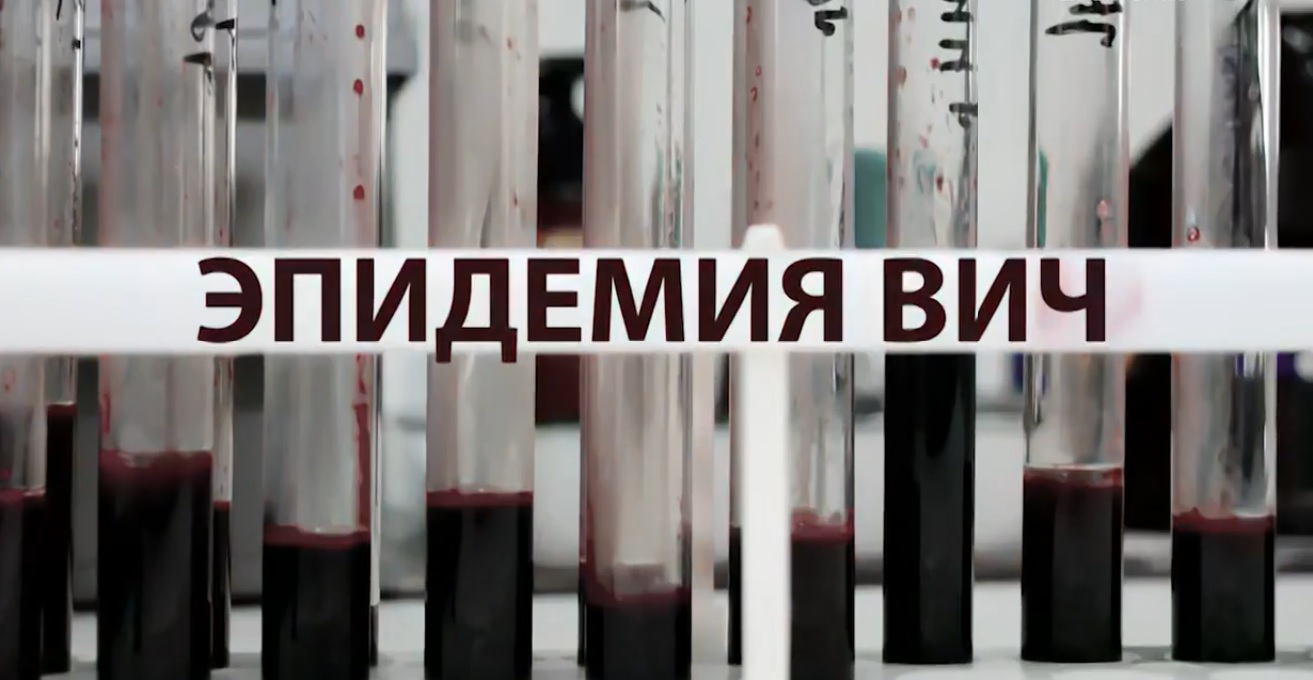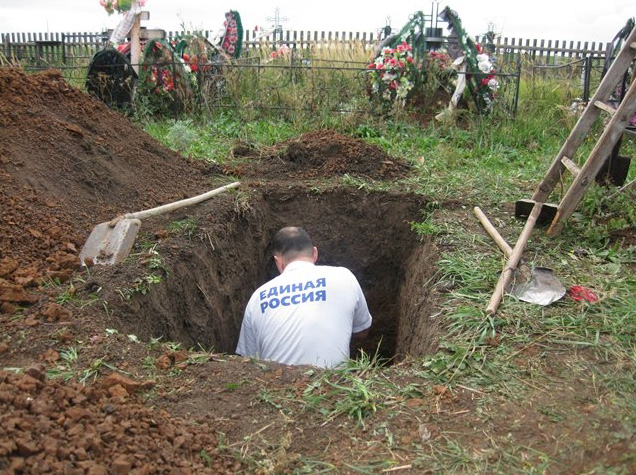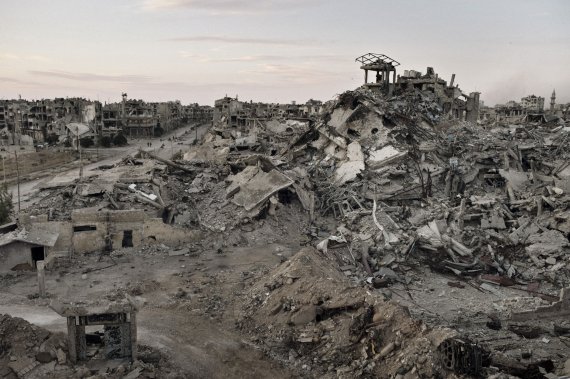Paul Goble, originally on Window on Eurasia
Staunton, May 15 – Just as Transdniestria has sometimes been described as the Soviet Union frozen in time, so too, the writers of the Rufabula.com portal say, “the so-called ‘Donetsk Republic’ concentrates in itself all the abominations which remain from the post-Soviet and post-imperial heritage” and which many had thought had passed from the scene forever.
Indeed, this region is so unattractive that its features may well have led Vladimir Putin to conclude that Russia would be better off without it while at the same time have convinced Ukrainians that Donetsk at least in its current form is a kind of “ballast” they would be better off without.
And thus the Rufabula.com writers conclude, “the Donetsk republic doesn’t have a future. It is a second Transdniestria, poor, archaic and unrecognized.” And with its departure, “a national and democratic Ukraine with the support of the West has a chance to make a historic breakthrough.”
In support of that argument, the authors draw on the comments of local people, the analysis of Russian experts, and pictures worth more than a thousand words showing just what life is now like in this new self-proclaimed republic.
Anyone in Donetsk can see at a glance the aggressive militarist spirit which animates its leaders, the restoration of Soviet symbols, the role-playing Cossacks with their nagaikas, Kadyrov’s Chechens strutting about, and the speeches of self-proclaimed representatives who can’t seem to put two words together without cursing or grammatical mistakes.
Behind this public scene, the article continues, there are “tortures and murders of Ukrainian activists, the seizure of hostages, wild obscurantist ‘legal projects,’ searches forforeign spies, threats to journalists and persecution of those who think differently, and calls for the nationalization of capital and ‘the expropriation of the expropriators.’”
Those who view Donets “from afar” may see it as a manifestation of “the Russian spring,” but those who are caught up in it find themselves in a world like the one that would happen if “in one of the cities of the Russian Federation suddenly seized power the paritcipants of an ordinary ‘Russian March’ – bearded Orthodox fanatics … Stalinists, Limontsy … and skinheads from all kinds of ‘Slavic unions.’”
The new Donets powers confiscate alcohol in order to “struggle with the ‘Dulles Plan,’” they take away computers on suspicion of espionage. And the criminal world is a state of delght because there doesn’t seem to be anyone enforcing the laws.
Given how bad things are, it isn’t surprising that Putin has distanced himself from the Donetsk Republic, the authors say. But then they suggest that Kyiv and the rest of Ukraine might well benefit from doing the same thing. Let such people go because they are only a burden and a blight on the rest of the country.
In support of that notion, Rufabula.com cites the conclusions of economist Vladislav Inozemtsev who notes that the departure of Donetsk along with Crimea will reduce the share of ethni Russians in Ukraine from 17.4 percent at the start of 2014 to less than 11.5 percent, cut the expenditures of Kyiv on the region, and make Ukraine a more pro-European country (rbcdaily.ru/politics/562949991416228).
Finally, before posting some truly disturbing photographs, Rufabula.com cites the conclusions of Finland’s Marshal Mannerheim about what he saw as the major reason for the defeat of the anti-Bolshevik White Movement in 1918-1920: the unwillingness of White leaders to recognize Finnish independence and their insistence on a single Russia one and indivisible.
At the same time, of course, the Rufabula.com authors say, people from the Donbas will be looked down upon by Muscovites as “second class” citizens if that region did join the Russian Federation given all the problems they would bring with them and especially the lifestyles many of their so-called leaders seem committed to.
http://windowoneurasia2.blogspot.com/2014/05/window-on-eurasia-donets-distillation.html







